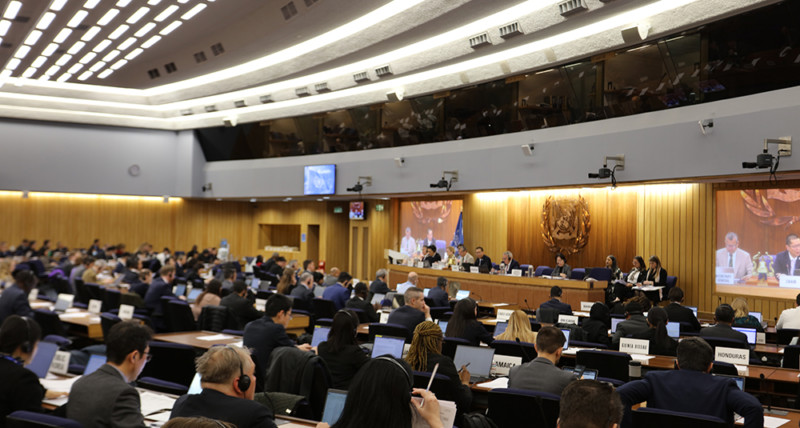As a prelude to the opening of aquaculture week in Central Africa scheduled for Thursday, June 20, the head of Fisheries and Aquaculture of the Food and Agriculture Organization of the United Nations (FAO) presented the issues of this event. For a week, participants will be able to share their experiences in order to contribute to strengthening the development of commercial aquaculture and identify potential solutions that could lead to removing the main constraints to the development of this activity in Gabon and Africa. central.
In Gabon, the Food and Agriculture Organization of the United Nations (FAO) is organizing Sustainable Commercial Aquaculture Week in Central Africa from June 19 to 25. As a prelude to the official opening of this event scheduled for June 20, the fisheries and aquaculture officer of the FAO Sub-regional Office for Central Africa, Lionel Kinadjian presented this meeting whose overall objective is to help establish a bridge for sharing experiences and knowledge between participants. This is to help strengthen the development of commercial aquaculture and to jointly identify potential solutions that could lead to removing the main constraints to the development of this activity, in the presence of invited partners.
“The meetings that we are going to conduct are structured around three sessions. A session on governance, a session on innovative production systems and a session on financing. These are generally the 3 major constraints which hamper the development of the sector in Gabon, but generally in Central Africa and in Africa in general,” declared Lionel Kinadjian.
According to the FAO representative in Gabon, the stakeholders in terms of governance are primarily the administrations in charge of the sector. For everything relating to technical activities and production systems, it is the private operators. And for financing, there are private operators and financial institutions. “During the meetings, we will have panels with microfinance institutions who will come and present their policies in terms of financing, and see their assessments in relation to the sector. The idea is to bring together supply and demand,” he said.
According to him, among the operators who will ultimately also need to be involved not only for aquaculture, but for agriculture in the broad sense, are insurance companies. Because “agriculture, due to climatic hazards, is a sector which presents a certain number of risks and the coverage of risk by the insurance sectors can also facilitate the commitment of financial institutions to support private operators”, a- he says. During this aquaculture week, it will also be a question of formulating recommendations and identifying avenues to support the development of commercial aquaculture in Gabon. This day ended with the presentation of aquaponics, a sustainable food production system uniting plant cultivation and fish farming.




